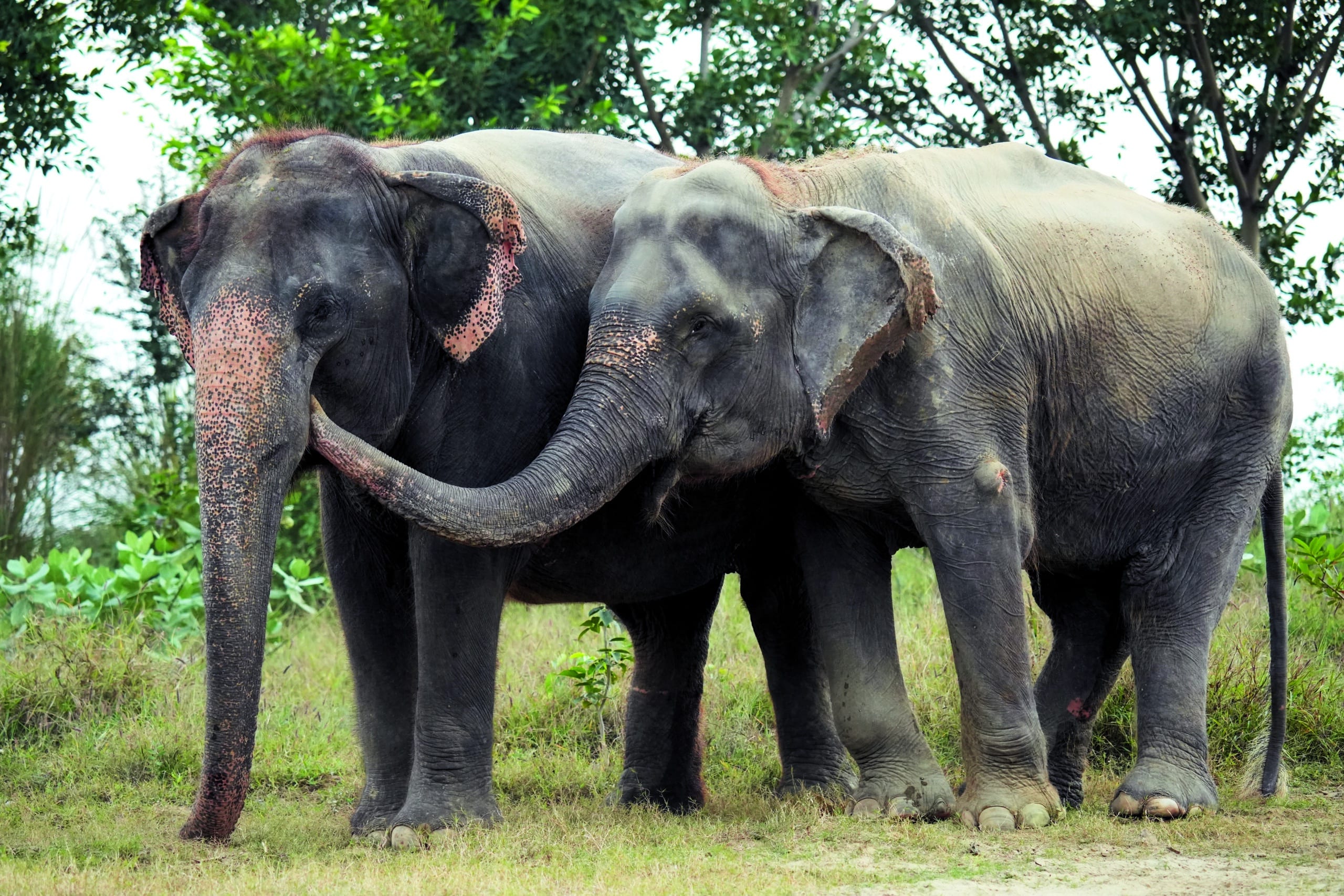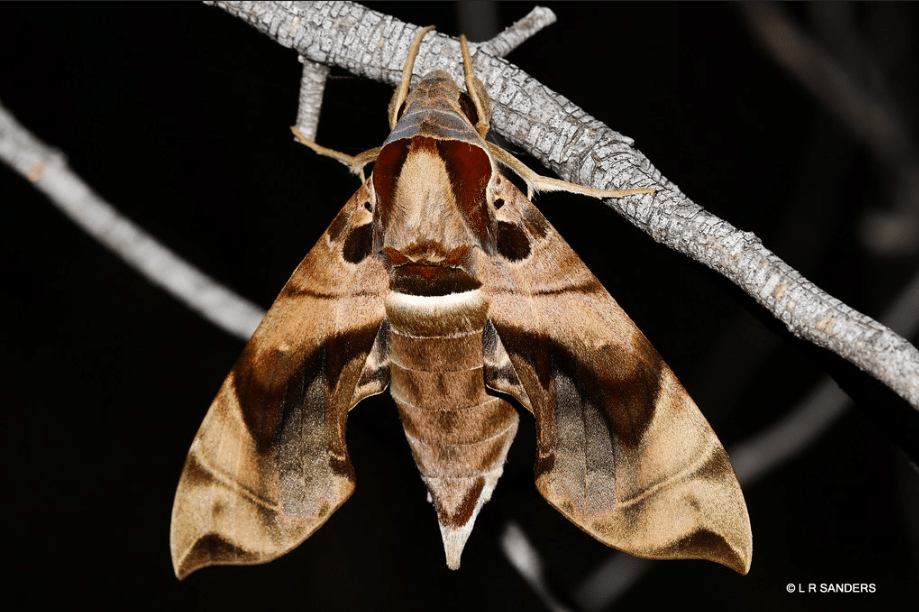You might remember Kalpana—I am happy to report that this year she celebrates her fifth rescue anniversary at Wildlife SOS. Formerly exploited and abused as a ‘begging’ elephant in Uttar Pradesh, Kalpana was rescued in 2019 and brought to the Wildlife SOS Elephant Hospital Campus (EHC) in Mathura for comprehensive...
For over 30 years the international community has worked hard to increase protection for elephants and stop illegal ivory trade but, sadly, the job is not yet done. Domestic trade in ivory and rhino horn drives continued demand for ivory which, in turn, puts the remaining elephant and rhino populations at risk. An estimated 30,000 African elephants are poached every year.
Today is World Elephant Day, a day dedicated to the preservation and protection of magnificent elephants across the globe. Elephants the world over continue to face innumerable threats, including continued poaching, and in the last century African elephants lost 96% of their population.
While the international trade of ivory and rhino horn has been banned since 1989, and these items cannot legally be imported into Australia, the buying and selling of ivory and rhino horn within our borders is still legal. It is this trade that the international community is currently trying to close, and Australia must play its part.
Progress has been made. In 2016, participants of the 17th meeting of the Parties of the Convention on International Trade in Endangered Species of Wild Fauna and Flora (CITES) called on countries to close unregulated domestic markets for ivory. China, Hong Kong, Singapore, United States and United Kingdom have all acted to close their domestic markets in the years since. Also in 2016, the International Fund for Animal Welfare published Under the Hammer, a report detailing the prevalence of ivory and rhino horn trade within Australia. A Parliamentary inquiry held in 2018 recommended “Commonwealth, states and territories, through the Council of Australian Governments, develop and implement a national domestic trade ban on elephant ivory and rhinoceros horn”. In 2019, then Environment Minister, Minister Ley committed to implementing a domestic ban on ivory trade, a decision that was reiterated at a CITES Standing Committee in 2021. The trade ban was also endorsed at a 2019 meeting of Environment Ministers for states and territories who committed to identify mechanisms to enact the ban and asked Professor Graeme Samuel to consider this issue as part of his review of the Environment Protection and Biodiversity Conservation 1999 (EPBC Act).
Both the Parliamentary inquiry and the findings of Professor Samuel’s review identified that enacting an effective domestic ban on ivory trade will require action from the states, territories and Federal Government. It must be a truly cooperative effort. One that comes at a time when, unfortunately, we are facing so many environmental challenges.
The recent 2021 State of the Environment Report showed the dire state of the Australian environment, and in response the Federal Government promised stronger laws for nature to stop our own extinction crisis. These are vital reforms which HSI is campaigning hard for, and we can’t put our foot on the brakes, but we need to ensure other important environmental commitments, like closing the domestic trade in ivory and rhino horn, don’t get lost.
This World Elephant Day we are asking Environment Minister, Minister Plibersek to indicate her support for the commitment to implement the domestic trade ban, and to start engaging with the states and territories on the best way forward. The Minister’s commitment to introducing a bill to reform the EPBC Act in 2023 presents an opportunity to finally implement the measures required for a prohibition on the domestic trade in ivory and rhino horn at the national level. We’ll also be working with states and territories to bring them on board.
Today provides a great opportunity to write to Minister Plibersek, and your state or territory environment minister, to ask them to work together and implement a ban on the domestic ivory trade in Australia, so that next year we can wish each other a “Happy World Elephant Day”.


